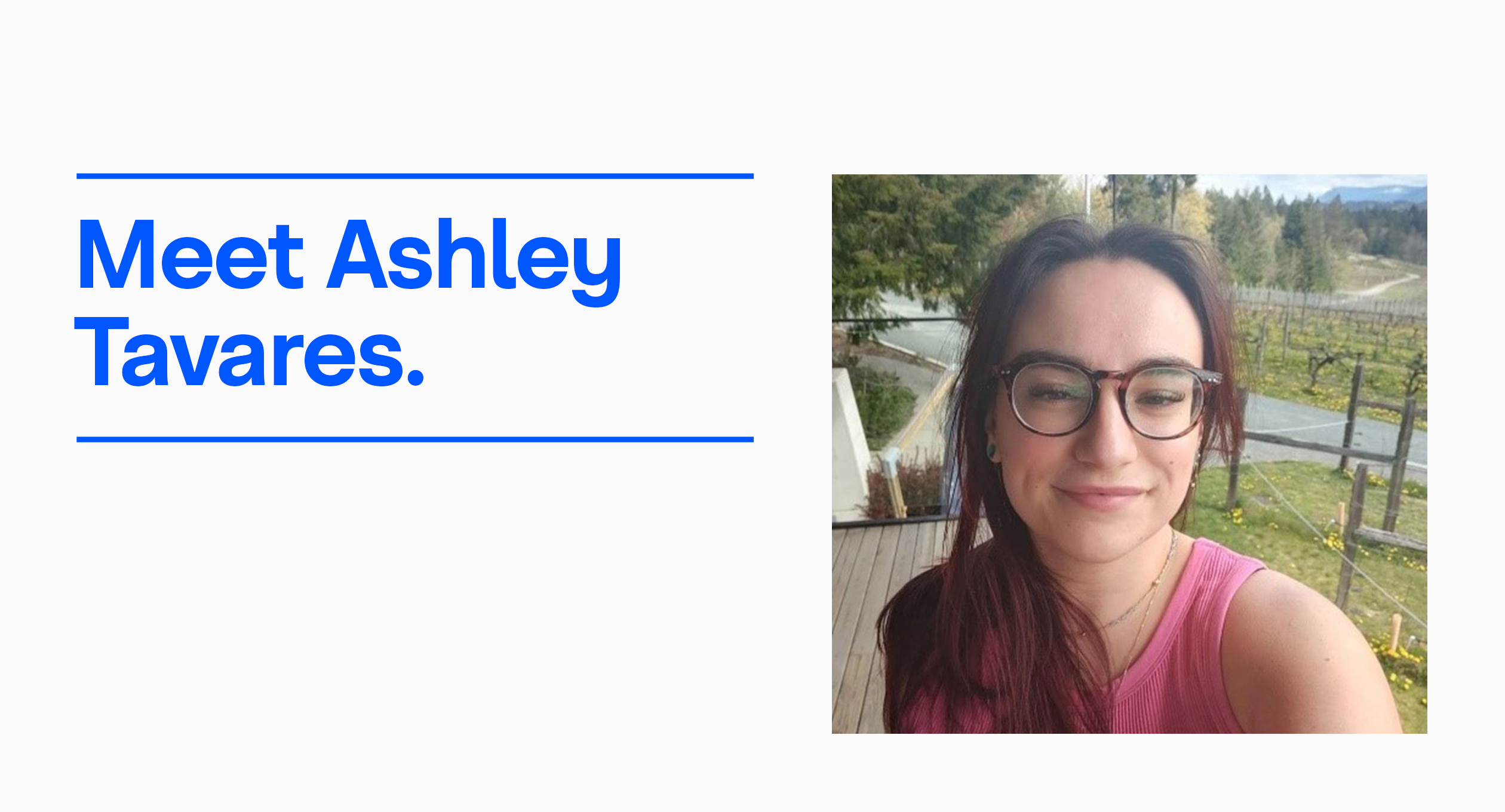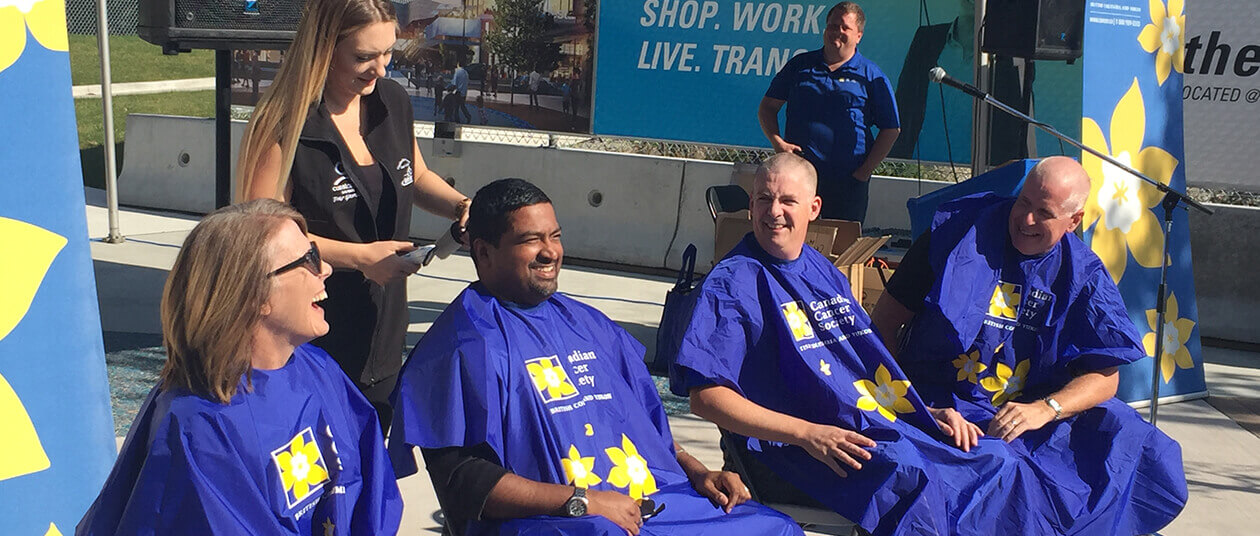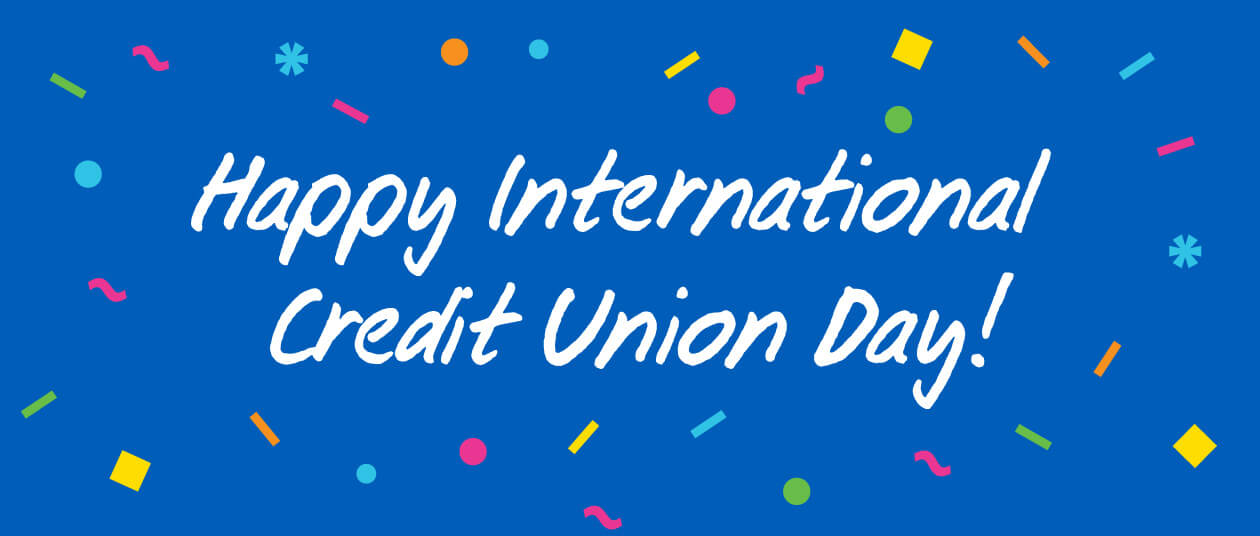October is National Disability Employment Awareness Month, an opportunity for Coast Capital to champion equal opportunities for people of all abilities. When viewed through the lens of inclusion, employment provides Canadians with an opportunity for economic security and a sense of fulfillment and purpose. Yet, the employment rate for adults with disabilities is three in five (59%) persons compared to four in five (80%) of those without disabilities.* This is often due to misconceptions around people with disabilities and workplace inequity. We want to help change this.
Each week in October, we’ll profile a member of the Coast team to highlight their strengths and create awareness of their experience working at Coast. This week meet Ashley Tavares.
*From Statistics Canada Canadian Survey on Disability Reports from 2017.
Meet Ashley Tavares (She/Her/Hers), Member Advice Specialist
What do you love about your job?
I’ve always loved teaching and learning, truly helping others with their goals and needs. Working at Coast Capital has brought my passion for teaching and learning together by giving me a platform to help my members with their financial journeys and questions, strengthening our community through both education and volunteer work. I also love the people I work with. Being able to come to work every day and having an amazing team to collaborate with makes all the difference.
What barriers have you faced as a person with a disability in the workforce?
At Coast, I have found a second family that has brought me encouragement and inclusivity when I needed it most. I’ve been able to grow my passions with Equity, Diversity, and Inclusion with Coast and am supported doing so. With some previous employers, I found it difficult to ask for what I needed. There have been work places that I do not feel comfortable voicing that I require assistance or an aid because I felt that it would be met with disagreement or judgement.
What do you wish more people knew about transverse myelitis?
I wish more people knew that disability in general is a wide spectrum and impacts everyone differently. We often assume that a disabled person will “look” it, but there is no wrong or right way to be disabled. Transverse myelitis in particular affects everyone who has it differently. I want people to remember that individuals with disabilities are valued and important members of society that bring different perspectives that everyone can learn from!
***************
Coast Capital takes a person-first approach to disability. We understand that disability is complex. It reflects an interaction between the person and the society in which they live. Physical and non-physical workplace barriers can limit an individual’s full and equal participation.
A disability can occur at any time in a person’s life. Some people are born with a disability while others develop a disability later in life. It can be permanent, temporary, or episodic. Disability can steadily worsen, remain the same, or improve. It can be very mild to very severe.
Coast Capital’s definition of disability builds upon how disability is defined in the Accessible Canada Act. It demonstrates that disabilities are socially constructed. Disabilities emerge from the relationship between the individual and society. At Coast Capital, this definition reminds us that it is our responsibility to remove barriers for persons with disabilities because barriers are created and reinforced by the ways we think and act as a society.



